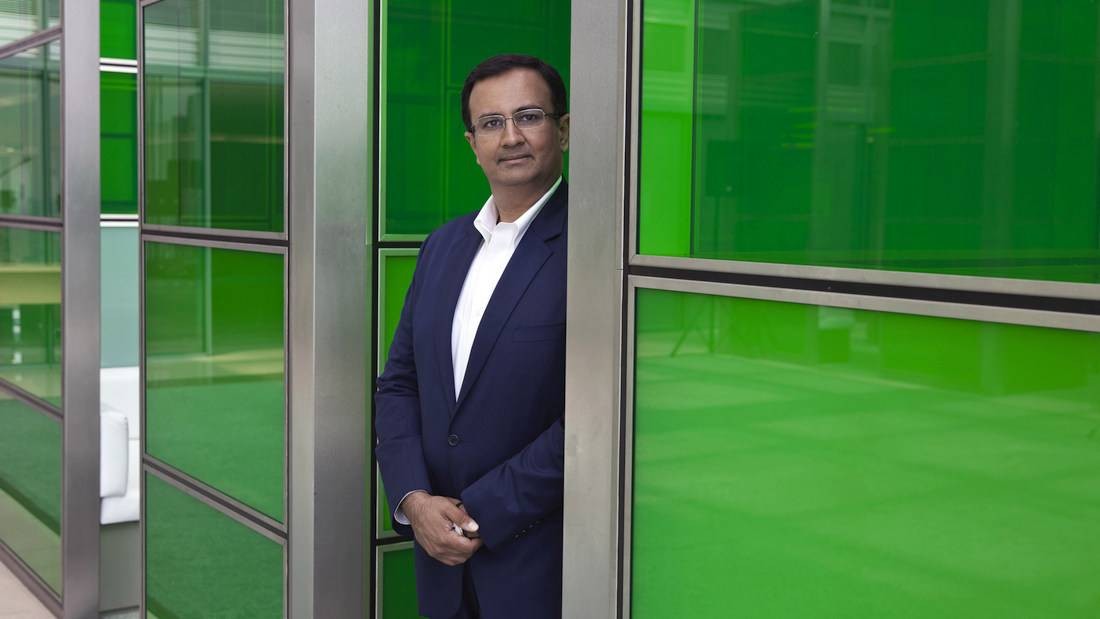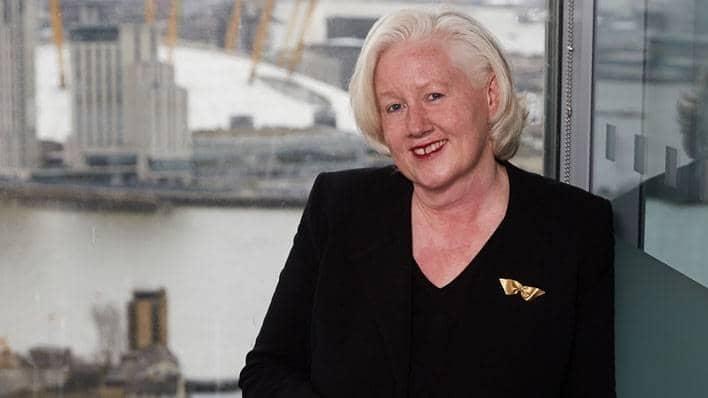
Leading Questions: Catherine McGrath
Catherine McGrath knows what it’s like to have your opinions “discounted” by the most senior voice in the room – but for her, feedback is “a gift”, and in a successful and motivated team, it should flow both ways

Raheel Ahmed joined Barclays in 2015 as Head of Mortgages and Consumer Lending, before moving in March 2017 to his new role as Head of Omnichannel and Customer Experience, covering “the amazing array of channels through which clients communicate with us”.
Ahmed was born in Karachi, and his career with Barclays, Standard Chartered and Citigroup has spanned South Asia, the Middle East, the Far East and Africa. We speak with him about thinking like a customer, learning from his daughters – and being inspired by philanthropy.
What was your early work experience?
My early work experience in banking was front-of-house, in customer service roles inside a branch. That was defining for me, both for my future career and how I look at my job today.
What did you learn from these experiences?
To always think of your role from a customer’s perspective. That’s stayed with me through my career and every time I’m thinking of a strategic initiative, I set the customer as my endpoint – and work back from there.
What lessons in people management were important to you as your leadership career progressed?
A few things have helped me shape my own leadership: one is the power of communication. Many times when you are a junior and being led by somebody else, if they’re not giving you enough context of the “what” and the “why”, then it doesn’t lead to very inspiring leadership. So, communication is of huge importance.
The second thing is about honesty and credibility, and being honest with your team in how you approach things.
The third thing that has stayed with me is leaders standing behind their people. We are in a fast-paced world, a changing world where new things are arriving, and people make genuine mistakes. Leadership comes out in how you stand behind your people if they do something unintentionally wrong.
Moving to new departments with different dynamics or philosophies can be challenging. What strategies have you used to integrate or make your mark?
I think any time you either change company or join a new team, for the first 90 to 100 days it’s all about reaching out, getting to know people and the business, and not coming in with your own prejudgements of what it should be like. As I’ve grown more senior, I’ve very consciously put any biases away and learnt about the business: build the trust, build the relationships, and then think about what else can be done. Getting to know people at a personal level is very important.
Having worked around the world in very different business environments, are there things that have been successful in one place that wouldn’t be successful in another?
The cultural differences have been amazing. One has to adapt and understand how people want to be communicated with. ‘One size fits all’ doesn’t work in today’s global environment - you have to adapt to make sure that you get through the cultural boundaries.
In South Korea, for example, the command and control structure is very strong, and I remember one of our CEOs was trying to drive cost-discipline: instead of telling people to cut costs, he reduced the size of his car. By design, everybody below him would not want to be seen driving a company car that was bigger than his, so they all downgraded their cars. That’s a different culture that you won’t find in many places in the world.
There are places where people are very reserved and would not speak too much in a public meeting but be open one-on-one. You have to adjust to lifestyles. Coming to London, I’m learning to follow the football teams and talk about football on a Monday morning, which is something I hadn’t done when I was in Asia.
What piece of advice would you give to emerging leaders?
The most important, valuable piece of leadership advice I’ve had in my career is about building leadership teams that have diversity of thought. That has been very important.
I consciously go out and search for leaders around me who will not think and act the way I would. I think plurality and diverse thought in a leadership group is amazing if you can garner it. Some people struggle with it.
Leadership comes out in how you stand behind your people if they do something unintentionally wrong
How important is the work/life balance?
Very. I have that more now than I did when I was younger and ambitious to build a career.
One thing that is very important is to have a really capable and strong team around you – which I’m very fortunate to have – and if you do then you need to think less of work when you’re away from work. And that works.
One has to adapt and understand how people want to be communicated with. ‘One size fits all’ doesn’t work in today’s global environment - you have to adapt to make sure that you get through the cultural boundaries.

Catherine McGrath knows what it’s like to have your opinions “discounted” by the most senior voice in the room – but for her, feedback is “a gift”, and in a successful and motivated team, it should flow both ways
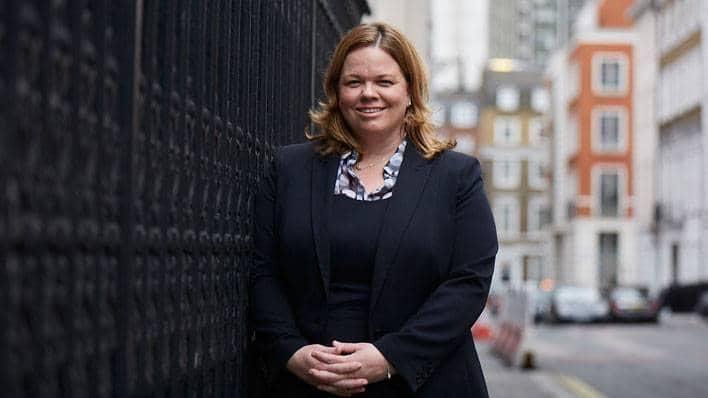
Kathleen Britain joined Barclays in 2005 and was appointed Head of Charities for Barclays in 2016
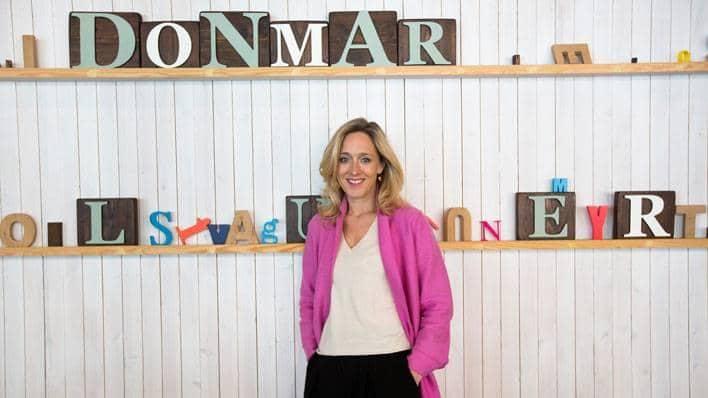
Kate Pakenham is the Executive Producer at the Donmar Warehouse, a not-for-profit theatre in Covent Garden, London, of which Barclays is the principal sponsor
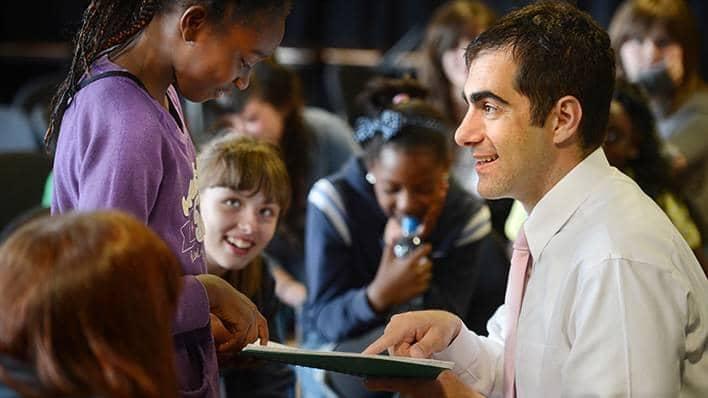
Brett Wigdortz originally planned to take only six months out from his job as a management consultant to draw up the business plan for Teach First, the charity that strives for better education for pupils from low-income backgrounds
